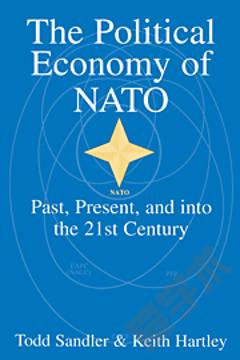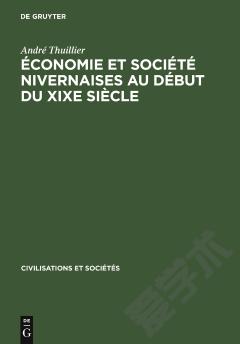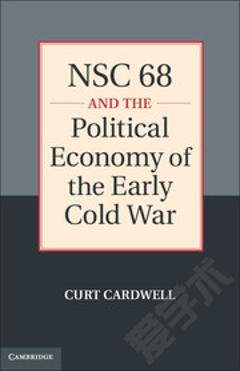The Political Economy of NATO: Past, Present and into the 21st Century
Using simple economic methods while accounting for political and institutional factors, this book puts forward a political economy viewpoint of NATO's current status and its future prospects. A balanced picture of NATO is presented that is sensitive to the perspectives from both sides of the Atlantic. This is accomplished by accounting for the institutional features and the philosophical aspects that distinguish government decision makers and the defense establishment in North America from their counterparts in Europe. A host of NATO policy concerns are addressed including the optimal membership for the alliance, its role in peacekeeping missions worldwide, the appropriate methods for deterring terrorism, and proper procurement practices for the next generation of weapons. Additional topics concern defense burden sharing, arms trade, NATO's institutional structure, and NATO's role vis-à-vis other international organizations. Although the analysis is rigorous, the book is intended for a wide audience drawn from political science and economics.
{{comment.content}}








 京公网安备 11010802027623号
京公网安备 11010802027623号